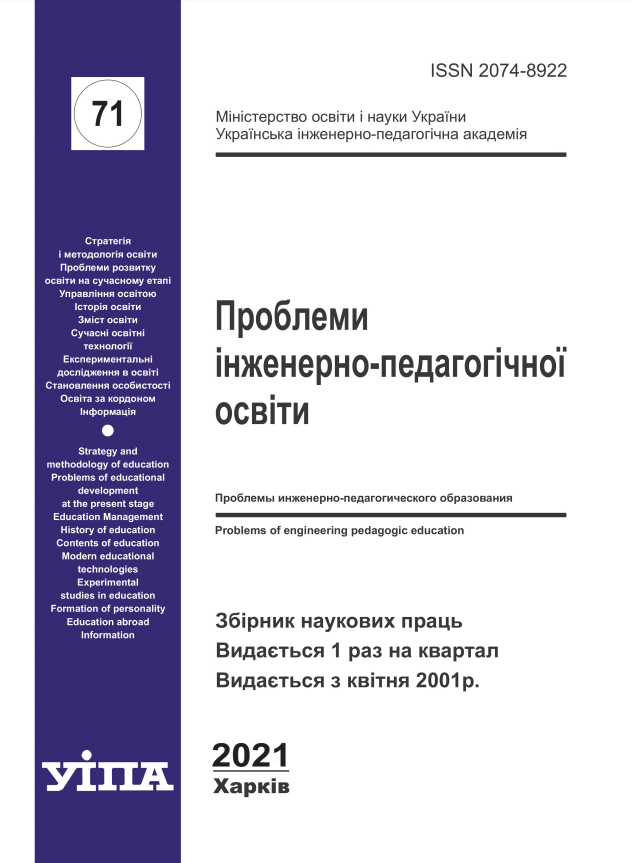Abstract
The present article deals with the phenomenon of the jigsaw method and its benefits for learning a
foreign language. Particular attention is placed on the importance of group activities in learning a foreign
language and the idea of gamification of the educational process. The paper sheds light on the definition,
history and essence of the jigsaw method as a technique which originally helped transform a previously
hostile and racially biased learning ambience into a supportive collaborative learning environment where
each student was engaged and acted as an important constituent of the group.
The experience of employing this method in the ELT and ESP courses with the 2nd
and 3rd year
students specialising in management of the service industry within the 2019/2020 and 2020/2021 academic
years allows stating that the potential of the jigsaw method is so enormous that it can enrich the ELT and
ESP classroom helping students not only develop their language skills (listening, reading, speaking and
writing) and actively practise topical vocabulary but also acquire a range of crucial 21st century skills,
namely soft skills.
Special emphasis is put on the ways to use the jigsaw method in the process of teaching English at
different levels of education. The paper provides practical recommendations on how to incorporate the
jigsaw method in the ELT and ESP courses to receive the maximum result, defines the basic principles of
implementing the jigsaw method and dwells upon the challenges which might occur when applying the
method. The authors also highlight that the jigsaw method can be mixed with the case-study and business
game methods. The conducted research proves that the jigsaw method is really effective within the ESP and
Business English courses aimed at students majoring in “Vocational Education (Management of the Service
Industry)” since it equips them with the necessary language skills and soft skills which contribute to the
overall development of students as qualified specialists possessing a range of professionally relevant
competences and competencies.
The article finishes with a few suggestions concerning prospects for further scientific research in the
field of practical verification of the effectiveness of incorporating the jigsaw method in the ESP, ELT and
Business English offline, online and blended learning environment at higher education institutions.

This work is licensed under a Creative Commons Attribution-NonCommercial-NoDerivatives 4.0 International License.
Copyright (c) 2021 Problems of Engineer-Pedagogical Education

